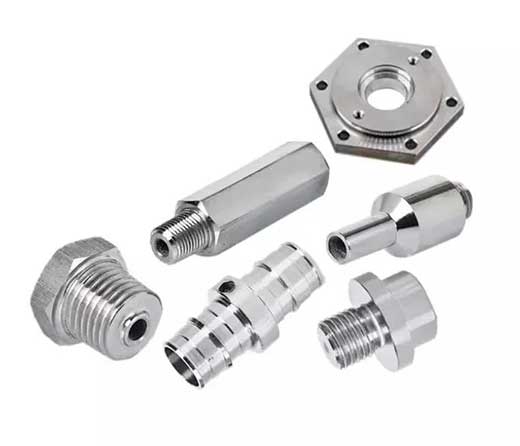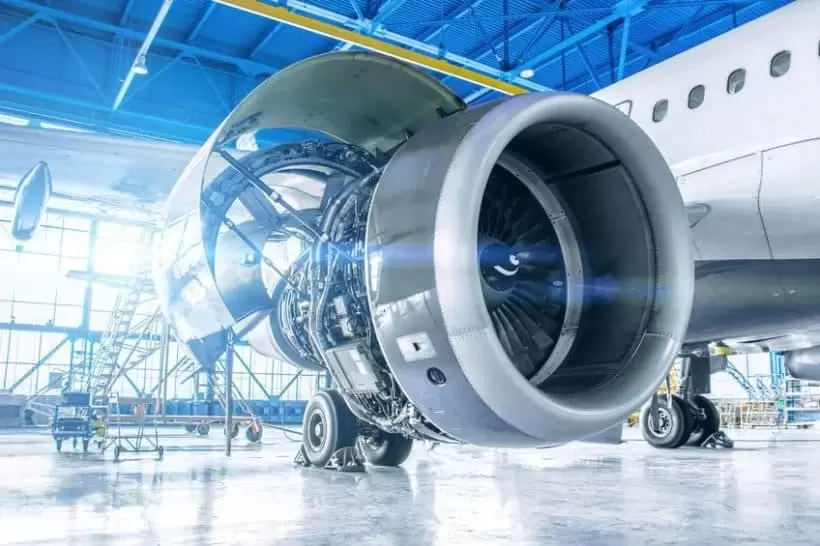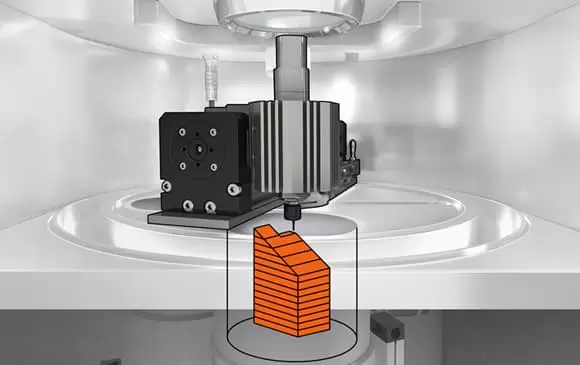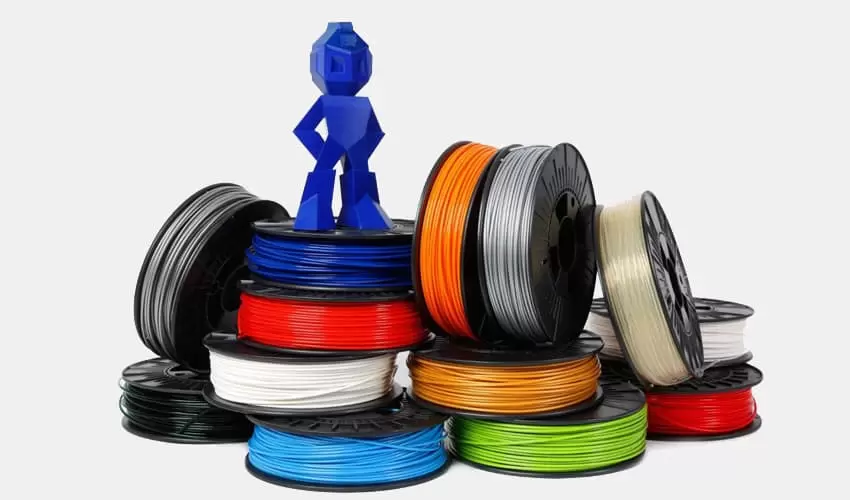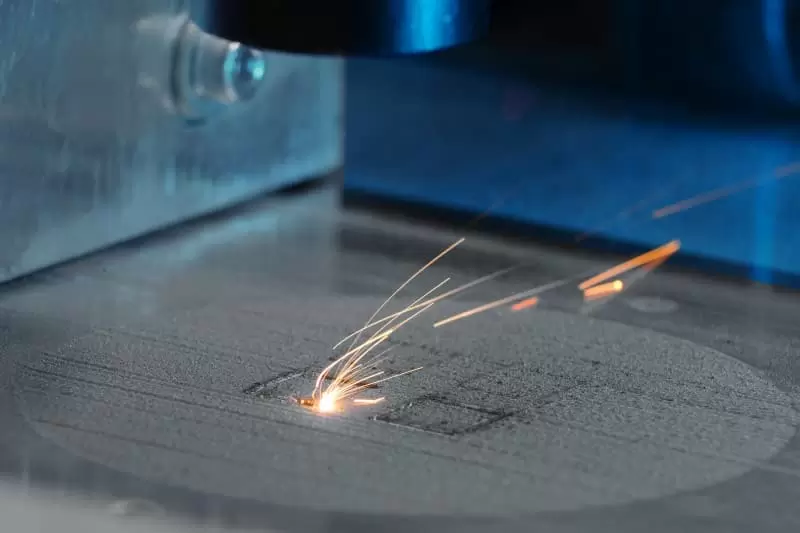Selecting the right precision CNC machining supplier is crucial for the success of your business and ensuring high-quality manufactured components. This guide provides valuable insights into determining the ideal machining supplier for your specific needs, taking into account factors such as capabilities, expertise, quality standards, and customer support.
Evaluate the supplier's experience and expertise
When it comes to choosing a supplier for CNC machining services, one of the most critical factors is evaluating their experience and expertise. A supplier with extensive knowledge and understanding in the field can significantly impact the quality of the final product. The more experienced a supplier is, the more likely they are to have encountered similar projects before, allowing them to provide valuable insights that could enhance your project's outcome.
Importance of Expertise
Expertise plays an essential role in CNC machining because it requires precision and accuracy. Experienced suppliers understand how each step impacts the overall process; this means they can identify potential errors or issues early on and prevent them from becoming major problems down the line. They also keep up-to-date with new technologies and industry trends to ensure that they are providing top-quality services.
One way expertise affects CNC machining quality is through material selection. An experienced supplier knows which materials work best for specific applications, taking into account properties such as strength, durability, temperature resistance, etc., ensuring that you get suitable materials for your intended use.
Importance of Experience
Experience allows suppliers to navigate complex projects efficiently while maintaining high standards of quality control throughout all stages of production - from design through delivery. An experienced provider has worked on numerous projects over time; therefore, they possess problem-solving skills gained from encountering different challenges along their journey.
An example where experience matters is when dealing with tight tolerances requirements. These requirements demand strict adherence during manufacturing processes since even a small deviation could lead to significant issues later on in assembly or operation stages – potentially leading to increased costs due to reworking or scrapping parts entirely.
In summary,
Choosing an experienced and expert provider for your CNC machining needs ensures top-quality products delivered promptly at competitive prices without compromising performance or safety standards.
Investing time researching potential providers' past experiences will save you money by avoiding costly mistakes resulting from substandard workmanship ultimately.
Therefore it would be wise not only considering price but also the provider's experience and expertise when selecting a supplier for your CNC machining needs.
Check the supplier's certifications and quality control processes
Precision and consistency are crucial elements in CNC machining, which is why it's essential to choose a supplier that adheres to strict quality control processes. When searching for a CNC machining supplier, it's important to check their certifications and quality control measures. In this section, we'll explore the difference between ISO and AS certifications and why they are significant.
ISO Certifications
The International Organization for Standardization (ISO) sets global standards across various industries to ensure that products meet specific requirements consistently. For precision CNC machining suppliers, the most relevant certification is the ISO 9001:2015 standard. This certification emphasizes quality management systems (QMS) implementation and continual improvement of those systems.
An ISO 9001:2015 certification means that a supplier has implemented QMS procedures throughout all stages of production, including design, development, production planning, manufacturing process controls, testing/inspection processes, delivery timelines management as well as customer satisfaction measurements. The certificate ensures that every aspect of the company’s operations meets set requirements; thus making sure customers receive high-quality products consistently.
AS Certifications
Aerospace companies require more stringent compliance than other industries because any defects or failures could have catastrophic results. Therefore Aerospace industry created its own standard called AS9100C/AS9120B Certification - Quality Management System for Aircraft Parts Distributors & Manufacturers respectively . These standards complemented by aerospace-specific regulations like Nadcap accreditation or ITAR compliance resulting into highest level of adherence to rigorous policies on traceability ,quality assurance documentation storage & handling etc., While these certifications may not be necessary if you're not operating within an aviation-related industry sector but if your business involves complex machined parts designed with tight tolerance limits then choosing a supplier who holds such highly-regarded certications will give you peace of mind regarding quality related matters.
Quality Control Processes
Certifications aren't everything when it comes to selecting a reliable CNC machining partner; it's also important to consider their quality control processes. A supplier that implements strict quality control measures ensures that each product they make meets or exceeds customer expectations.
A supplier should have a set of procedures in place to ensure the accuracy, precision, and consistency of every component produced. These procedures may include regular calibration checks on machines used for production, well documented machining procedure sheets and use of Statistical Process Control (SPC) techniques to monitor the process variation throughout manufacturing operations.
In summary, checking a potential CNC machining supplier's certifications and quality control processes is crucial when selecting a reliable partner. ISO certifications confirm that a company follows globally accepted standards while AS certification provides assurance of adherence with aerospace industry-specific standards which give you added peace-of-mind if your business operates within this sector. Finally evaluating suppliers' Quality Control Processes will give you an idea about how stringently they implement their QMS systems including machine maintenance schedules , machinist training programs documentation management policies etc; ultimately ensuring consistent product output everytime!
Assess the supplier's equipment and technology capabilities
When it comes to CNC machining, achieving high-quality output requires modern equipment and technology. As a business owner or manager in need of CNC machining services, it's important to assess your potential supplier's equipment and technology capabilities before making a decision.
Equipment Capabilities
The first thing to consider when assessing a supplier's equipment capabilities is the age and condition of their machines. Older machines may not be able to produce the same level of precision as newer ones due to wear and tear on the components. Additionally, newer machines may have advanced features like faster spindle speeds or more axes of motion that can improve efficiency and accuracy.
Another aspect to consider is the size and capacity of their machines. Depending on your project requirements, you'll want to ensure that your supplier has machines that are large enough for your parts but also small enough for intricate details. It's also worth checking if they have multiple machines so that they can handle larger production runs without causing delays.
Technology Capabilities
In addition to their equipment, it's essential to evaluate a supplier's technological capabilities. One key factor is whether they use CAD/CAM software for programming their CNC machines. This software enables them to create detailed 3D models of parts which can then be converted into machine code instructions used by the CNC machine itself.
Furthermore, some suppliers may utilize advanced technologies such as automation or robotics in their manufacturing process. Automated systems allow for higher levels of repeatability with fewer errors while reducing labor costs over time since there will be less need for human intervention during production runs.
Software & Automation
Finally, software plays an increasingly important role in CNC machining today because every component needs precise programming instructions before being machined correctly based on designs fed into computers using Computer-Aided Design (CAD) tools like AutoCAD® from Autodesk Inc., SolidWorks software from Dassault Systèmes SolidWorks Corp., NX™ CAM from Siemens Digital Industries Software ™/Siemens PLM Software, etc. CNC machines use this code to direct the cutting tools and other equipment needed for machining operations.
Automation helps manufacturers improve efficiency by automating various processes in manufacturing that are currently done manually, such as loading/unloading workpieces onto/from machines or moving them from one machine to another within a production line. Automation also reduces labor costs since there will be less need for human intervention during production runs and it is more reliable than manual labor.
Consider the supplier's capacity and scalability
When searching for a precision CNC machining supplier, it is essential to consider the supplier's capacity and scalability. This factor plays a crucial role in meeting the demands of a growing business. A supplier with limited capacity may not be able to handle large orders or sudden spikes in demand, which can cause delays in production and delivery times. On the other hand, suppliers with high capacity can handle larger volumes of work without compromising quality or lead times.
Impact on pricing
Supplier capacity and scalability also have an impact on pricing. Suppliers with higher capacities often offer lower prices due to economies of scale achieved through greater efficiency in their manufacturing processes. They are better equipped to handle larger orders at a faster pace while maintaining consistency and quality standards, leading to cost savings that they can pass onto customers.
Meanwhile, suppliers with limited capacities may charge higher prices as they struggle to keep up with demand while still delivering high-quality products within promised deadlines. In addition, small-scale manufacturers often have higher overhead costs such as rent or utilities because they lack the resources necessary for automation or streamlined workflows.
Impact on lead times
Lead time is another critical consideration when choosing a CNC machining supplier since it directly affects your ability to meet customer demands promptly. Large-capacity suppliers typically have shorter lead times than smaller ones because they have more machines available for use at any given time and well-established supply chains that ensure timely delivery of raw materials required for production.
Suppliers who cannot scale quickly enough during peak periods could experience bottlenecks that slow down production schedules considerably - leading inevitably towards longer lead times than anticipated by clients seeking precision parts manufactured via CNC machining methods.
In summary, It's important not only to look at what you need from your potential suppliers today but also what you might require from them tomorrow if you're looking forward toward growth opportunities ahead!
Evaluate the supplier's communication and customer service
Effective communication and customer service are crucial factors to consider when choosing a CNC machining supplier. It ensures that your requirements are understood, and the final product meets your expectations. Therefore, it is important to evaluate the supplier's communication skills before making a decision.
Look for clear and concise communication
The first step in evaluating a supplier's communication skills is to look for clear and concise language in their communications. This means that they should be able to explain technical terms or concepts in a way that you can understand. Similarly, they should be able to answer any questions you have without using overly complex jargon.
Check response time
Another factor to consider is the response time of the supplier. A good machining supplier will respond promptly to your inquiries or concerns and keep you updated throughout the production process. They should also be available during emergencies or unexpected changes in requirements.
Evaluate customer service
Customer service plays an equally important role as effective communication in ensuring long-term business relationships with suppliers. You want a CNC machining partner who values their customers' satisfaction above all else, going above and beyond what is expected from them.
Conclusion
In conclusion, choosing the right precision CNC machining supplier is crucial for any business that requires these services. The process involves assessing the capabilities of potential suppliers and determining whether they are capable of meeting your needs in terms of quality, cost, lead time, and customer service. It is also important to consider factors such as their experience in your industry and their ability to provide customized solutions. Making the wrong choice can have serious consequences on your product quality, delivery schedules, and overall profitability. Therefore, take time to research and select a reputable supplier who will be a reliable partner in your supply chain management.
How will you decide a particular CNC for a particular operation?
Choosing the appropriate CNC machine for a specific operation requires careful consideration of several factors:
- Operation Requirements: Understand the specific requirements of your operation, including the type of material, part complexity, tolerances, and quantity. This will help determine the necessary CNC machine features and capabilities.
- Machine Types and Configurations: Evaluate different CNC machine types, such as milling machines, turning machines, or multi-axis machines, based on their suitability for your operation. Consider the available configurations, such as the number of axes, spindle speed, and tool capacity.
- Machining Capacity: Assess the size and weight limitations of the CNC machine, ensuring it can accommodate the dimensions and weight of your desired parts. Consider the available work envelope, spindle power, and maximum tool size.
- Cutting Tools and Tooling Options: Consider the availability and compatibility of cutting tools and tooling systems for the CNC machine. Different operations may require specific tooling options, such as indexable inserts, end mills, or drilling tools.
- Software and Programming Compatibility: Ensure the CNC machine’s software and programming capabilities align with your requirements. Check if it supports the necessary CAD/CAM software and has user-friendly programming interfaces.
How do I choose a CNC machine?
When selecting a CNC machine, consider the following factors:
- Machine Size and Capacity: Evaluate the machine’s size, work envelope, and weight capacity to ensure it can handle the size and weight of your intended parts and components.
- Accuracy and Precision: Assess the machine’s accuracy and precision specifications, such as positioning and repeatability, to ensure they align with your required tolerances and quality standards.
- Construction and Rigidity: Evaluate the machine’s construction and rigidity to determine its stability during high-speed machining or heavy-duty operations. Sturdy construction minimizes vibrations, enhancing precision and surface finish quality.
- Control System and Programming: Consider the CNC machine’s control system, checking for user-friendly interfaces, compatibility with existing software, and programming capabilities that suit your production requirements.
- Maintenance and Support: Research the manufacturer’s reputation for providing reliable support, availability of spare parts, and training resources for machine maintenance and repairs.
What is the precision of CNC machines?
CNC machines offer exceptional precision in manufacturing operations, achieving highly accurate and consistent results. The precision of CNC machines is influenced by various factors, including the machine’s construction, control system, and cutting tools. Modern CNC machines can achieve precision within microns, making them suitable for applications that require tight tolerances and complex geometries. Additionally, the precision of CNC machines can be further enhanced through proper calibration, regular maintenance, and the use of high-quality cutting tools. It is important to note that the achievable precision may vary depending on the specific machine model, its condition, and the expertise of the operator.
